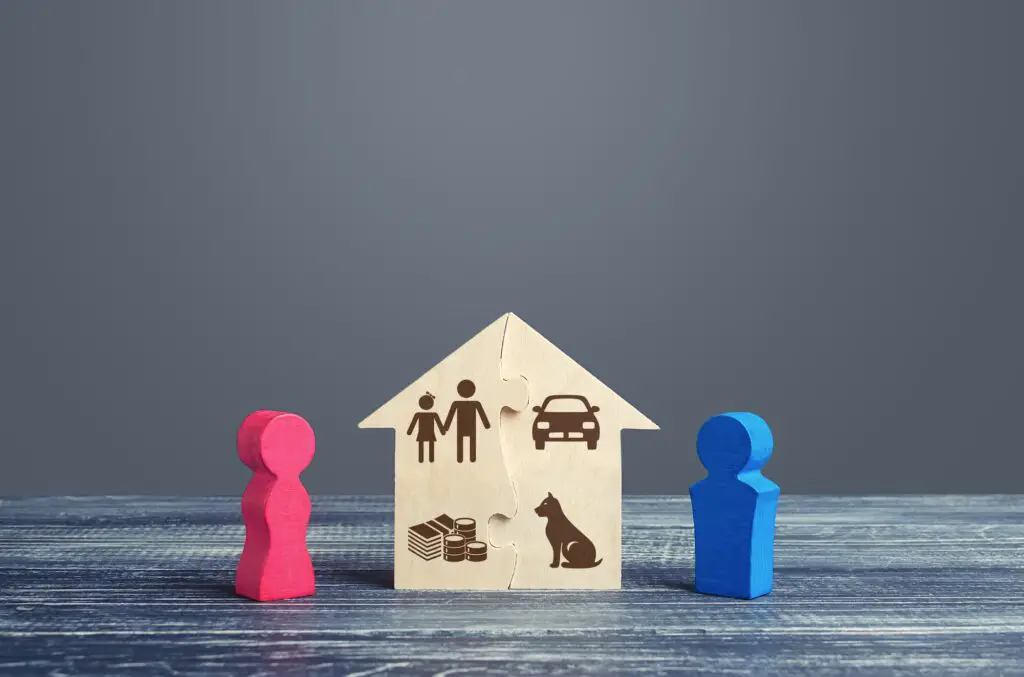Housing assistance is integral to the security and stability of many individuals and families. Finding an affordable and safe place to live, especially in the current economic climate, can be a challenge and many individuals and families rely on housing assistance options to ensure they have a home.
Housing assistance can come in various forms – government-funded, private, or charity-funded – and each of these options can provide a strong support system for those in need of secure housing. This article will discuss some of the most popular housing assistance options available, including eligibility criteria, cost, and effectiveness, as well as highlighting the important roles that both public and private organizations play in helping people find housing.
Public Housing Assistance
Public housing (or subsidized housing) is funded by the government and is subsidized by the U.S. Department of Housing and Urban Development (HUD). HUD provides rental assistance to local housing agencies (LHAs) which then distribute the housing subsidies to qualified applicants. HUD public housing assistance is targeted at households with very low incomes, with eligibility based on factors such as income/employment status, number of family members and other family circumstances.
Qualifying households are able to access HUD public housing assistance in the form of rent vouchers and/or direct housing contributions. Public housing provided by HUD must meet certain safety and affordability standards, and rent for these units is typically 30 percent of gross income. LHAs are able to set their own income guidelines for public housing eligibility, with most LHAs setting the maximum income at anywhere from 50 to 80 percent of the area median income (AMI).
In addition to direct housing contributions, the HUD also provides additional housing assistance and housing-related services to households in need. These services include job training, counseling and referrals to other resources to assist applicants in their search for more secure and affordable housing.
A key benefit of HUD public housing assistance is that it allows households to access safe, secure and affordable housing. Public housing provides households with an affordable place to live as well as access to important services like education, employment training and counseling which can help them become more financially secure, reducing their reliance on housing assistance.
Private Housing Assistance
Private housing assistance is a form of housing aid provided by private not-for-profit organizations or charities. This housing assistance is typically available in the form of rent subsidies, counseling and educational services or the provision of emergency housing. Private housing assistance is generally aimed at lower income households and those with disabilities who are struggling to access secure and affordable housing.
The eligibility criteria for private housing assistance varies from program to program. Generally, applicants must meet certain criteria related to income, employment status and family circumstances to qualify for assistance. Unlike public housing, private housing assistance does not guarantee applicants permanent housing and assistance may be limited to a certain period of time.
In addition to direct assistance, many private housing assistance programs also provide counseling and education to help households make informed decisions about their housing options. For example, many programs offer information on budgeting, financial education and the importance of saving money. These services can help households make more informed choices about their housing, while also providing them with guidance and support during the process.
Effectiveness of Housing Assistance
The effectiveness of housing assistance depends on a variety of factors, including the type of assistance provided, the level of income of the household in need and the geographic area. Research suggests that housing assistance is most effective when it is combined with further supports such as financial education, employment and job search assistance, and access to other resources.
In terms of affordability, housing assistance can be extremely effective in helping households with very low incomes access safe, secure and affordable housing. Research has found that rental assistance can result in significant savings for low-income households and can help reduce housing costs for households that were previously unable to afford rent payments.
In terms of providing long-term housing security, housing assistance can be effective for households that receive regular rental subsidies. These subsidies can help to bridge the gap between income and housing costs and can support households in finding more secure, sustainable housing. However, many households that do not receive regular rental assistance can still struggle to find and keep secure housing, particularly in high-cost housing markets.
Final Thought
Ultimately, housing assistance can be a key component in helping people find and keep secure, affordable housing, but it is important to remember that there is no one-size-fits-all solution and each individual or family’s circumstances must be taken into account when designing a housing assistance package that is tailored to their needs.

